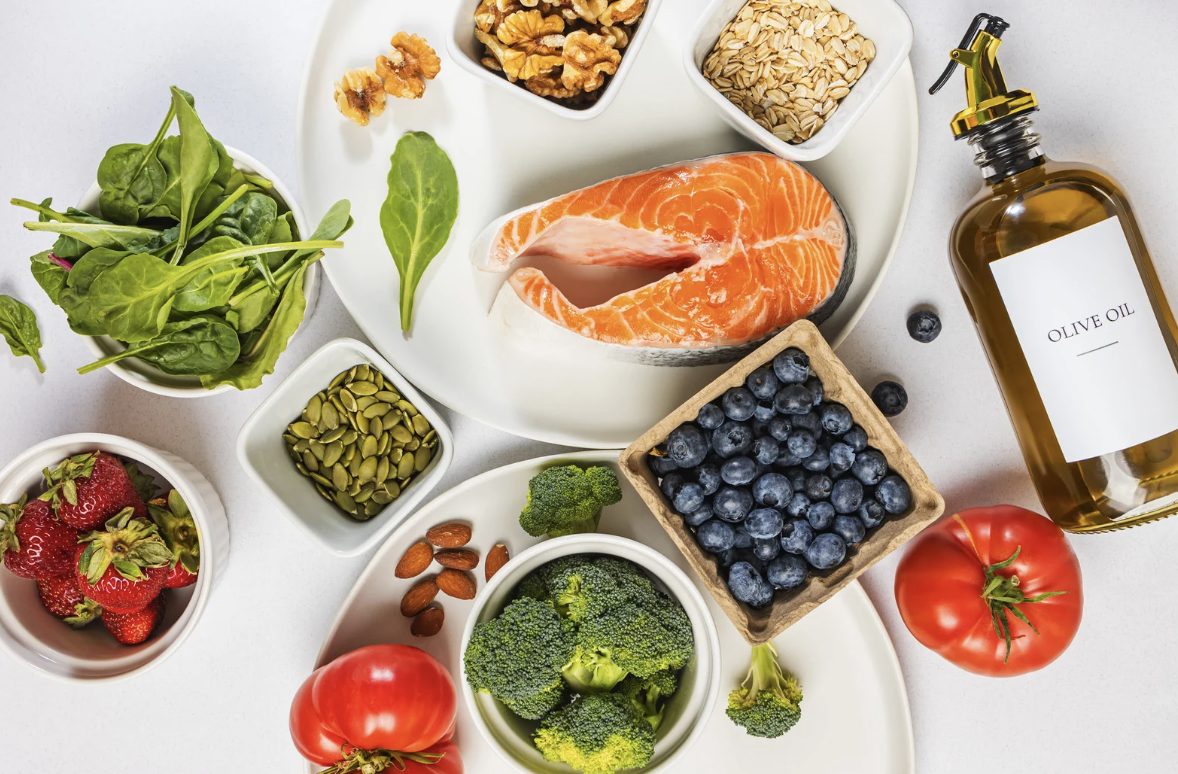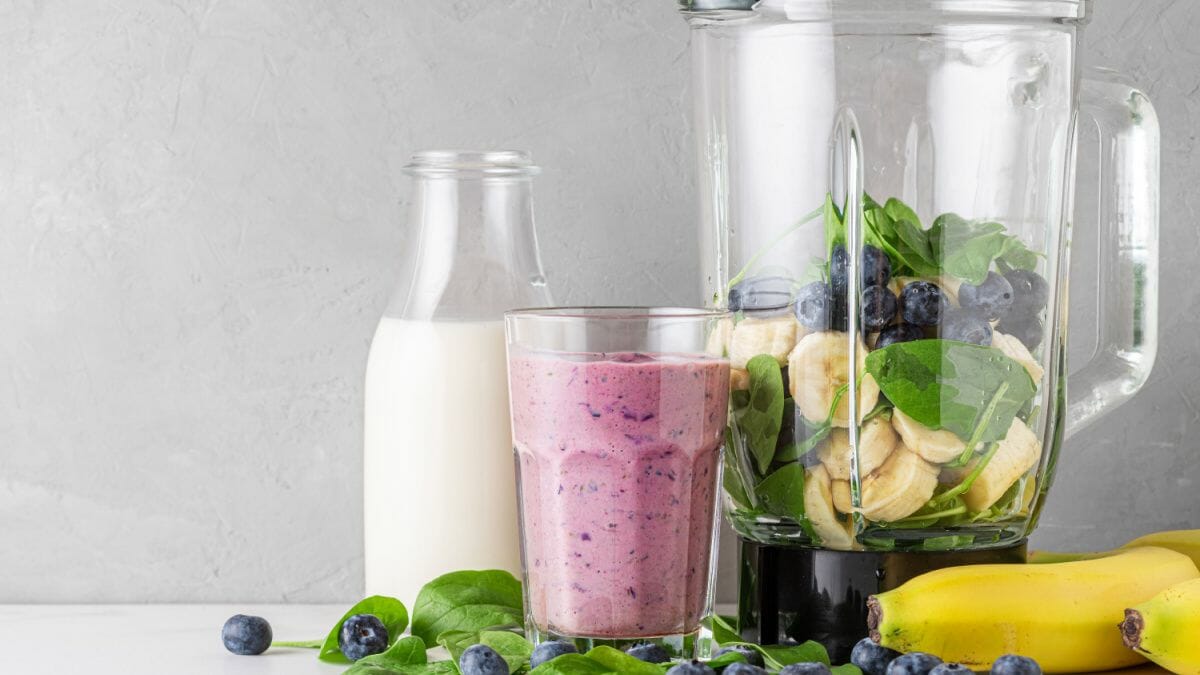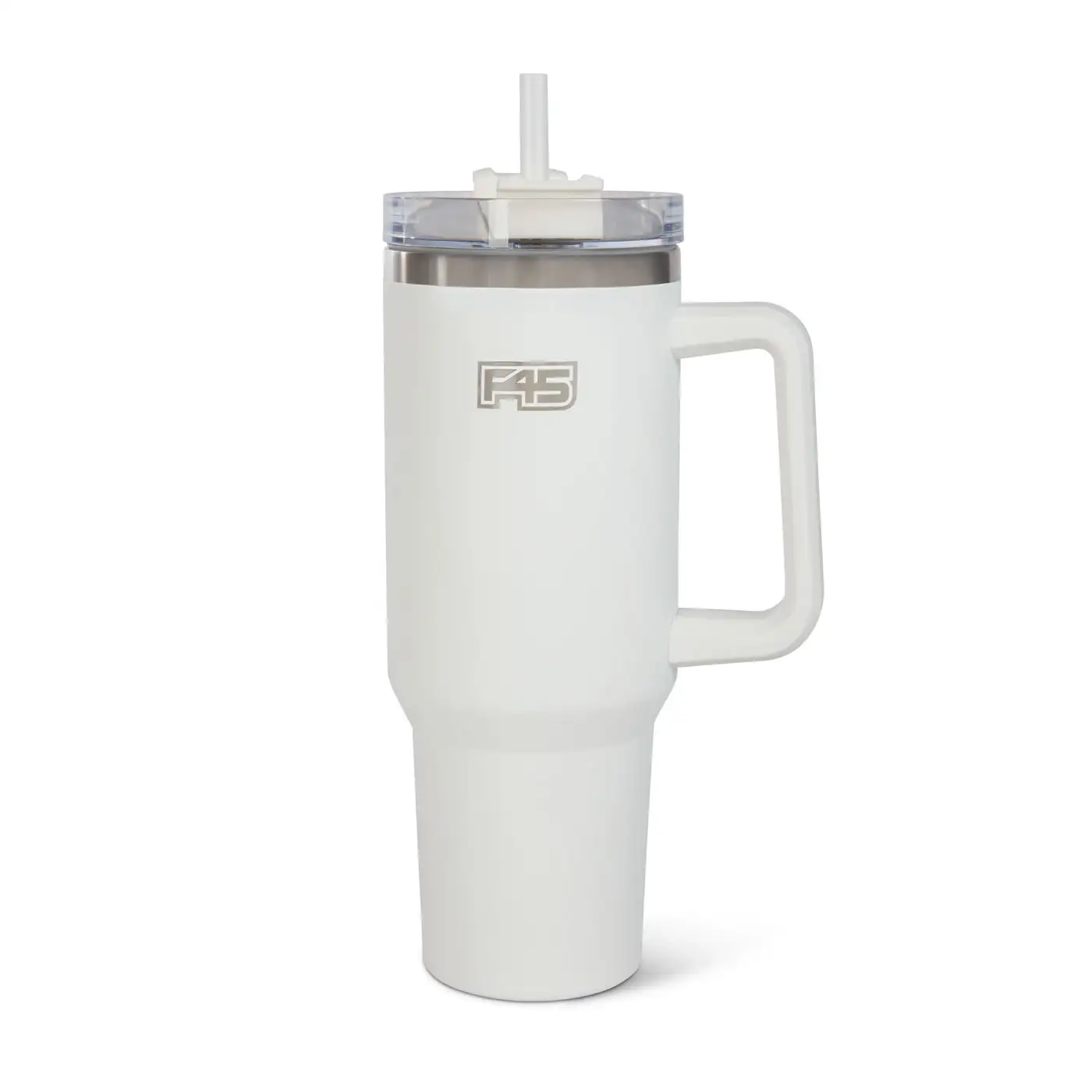June 13th 2024 | Ashleigh Kidd, RD, LDN
Hey team! Back here again to separate fact from fiction when it comes to nutrition. Want your burning questions answered? Head to our IG (@f45Training) every Thursday during Challenge to play Fact or Fiction and submit your nutrition questions to be answered by your Challenge Dietitian!

Alright, let’s play!
Fact or Fiction: “Intermittent fasting is best for weight loss & workouts”
It’s not that simple!
IF may feel good for some, but for the vast majority of people, the risks outweigh the “proposed” benefits. IF is another diet that puts you in an overall calorie deficit, this is why some use fasting methods for weight loss. However, the research behind the other alleged benefits are not backed by legitimate long term studies. What we do know is that the effects of IF can potentially lead to:
– Overeating and food obsession
– Fatigue
– Increased stress
– Increased risk for eating disorder
– Feeling out of control around food
– Weight cycling
It’s best to focus on eating a variety of nutrient dense foods, balancing your plate with carbohydrates/fiber, protein, and fat, and eating consistently (not skipping meals).

Fact or Fiction: “Cheat days are essential for staying on track”
Fiction!
Some people find themselves in an “all or nothing” mindset when it comes to their health.
For example, you eat really “clean” Monday-Friday but then Saturday, your «cheat day» comes and you’re at your friends birthday party and there’s cake. You enjoy a piece, and you’re full now, but because you’ve restricted this food and you don’t know the next time you’ll allow yourself to have it, you have a little more, and a little more, until you say “well, I messed up my week, I might as well eat as much as I can of this and anything else that I can». This is where the «I’ll just start over on Monday” thought comes into play, sound familiar?
If your «cheat days» look more like a binge, you may be stuck in a binge/restrict diet cycle! This is where removing good/bad food labels comes into play (learn more here), and we learn balance. Allowing balance in your diet (rather than a binge «cheat day»), doesn’t mean nutrition goes out the window. In fact, with time and practice, you’ll learn to create a healthy balance of nutrient dense foods and less nutrient dense foods, without guilt, long term.

Fact or Fiction: “Most people get enough protein”
Fact!
According to Mayo Clinic, most people in the US meet or exceed their protein needs, but how do you know you’re getting enough for your goals?
Nutrition isn’t one size fits all and everyone has different protein needs, typically determined by weight, activity level, types of workouts, and medical history. 10-35% of your daily calories should come from protein
The RDA (Recommended Dietary Allowance) for protein is 0.8-1.0g/kg of bodyweight for the average adult. However, the Academy of Dietetics and Nutrition, in agreeance with the American College of Sports Medicine, recommends 1.2-2.0g/kg of body weight for active adults to support muscle growth and repair. For particularly high intensity exercise (i.e. athletes training 2+ times a day several days per week) may need up to 2.4g/kg bodyweight.
It’s important to reiterate how unique protein needs are and If you’re not sure how to determine your protein needs or want to make sure you’re consuming enough, reach out to your medical provider.
When in doubt, remember the balanced plate model and aim to include protein on ~1/4 of your plate at each meal (about 20-40g protein). Also try to include protein at snacks and pair it with a carbohydrate source (i.e. whole wheat crackers with sliced turkey).

For additional nutrition and wellness support, you can always check out F45 Articles for tips on how to improve your nutrition and relationship with food.














